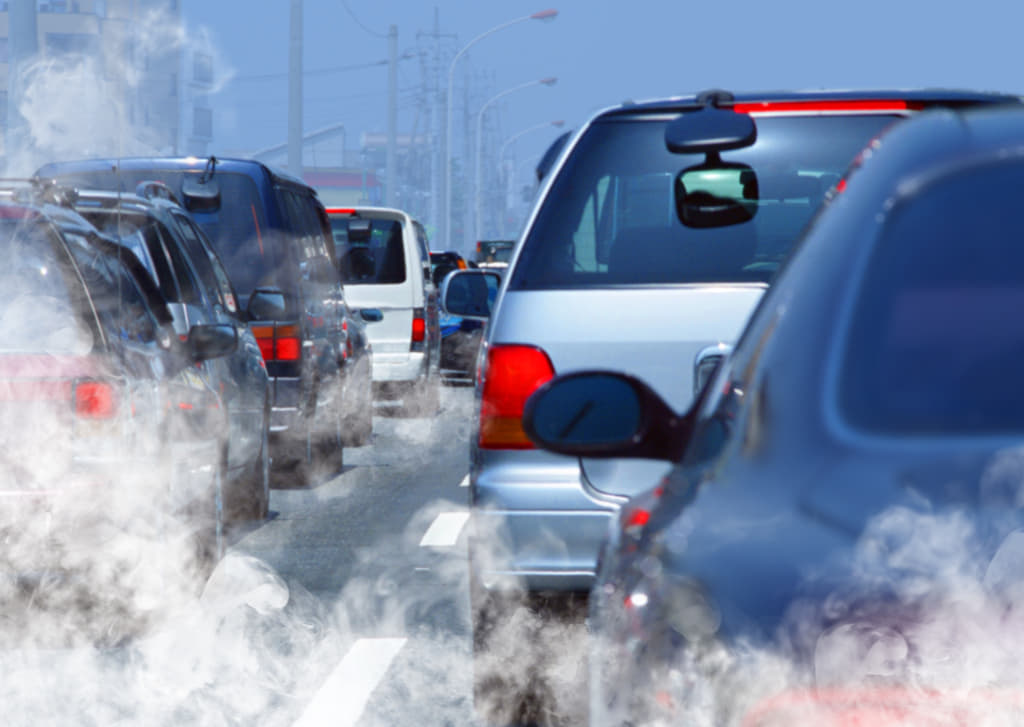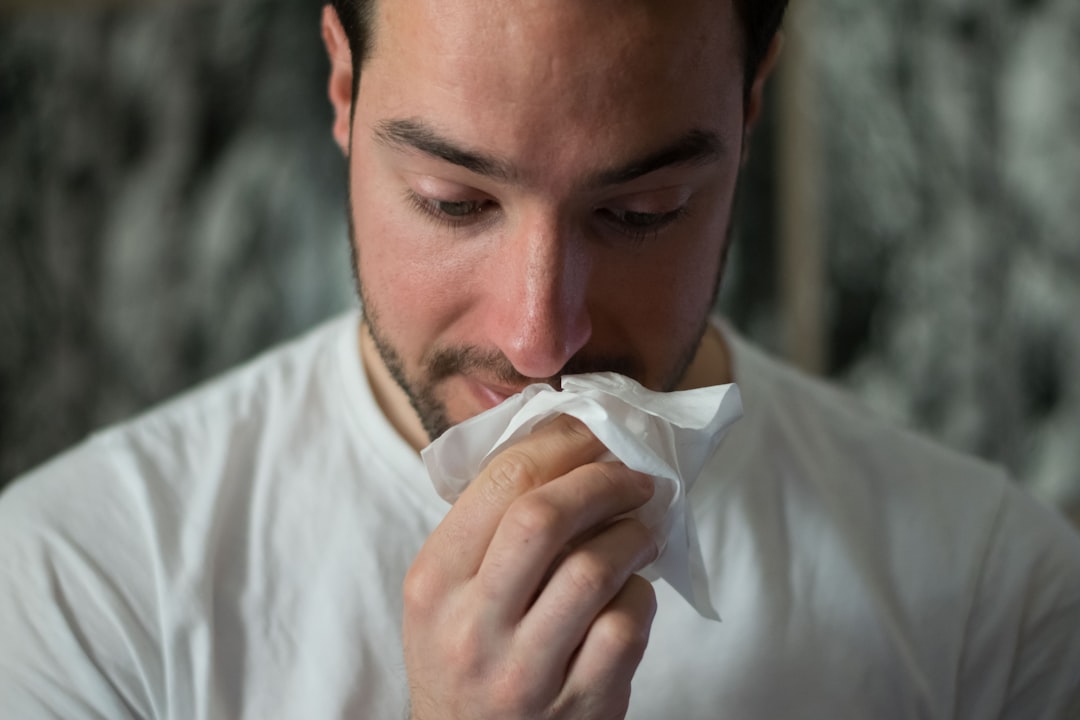
In a bustling city, amidst skyscrapers and the never-ending hum of traffic, there's a silent antagonist many overlook – air pollution. For those with seasonal allergies, urban environments can pose unique challenges, not just because of their natural allergens but due to the exacerbation caused by pollutants. How exactly does the haze and smog of a city interact with seasonal pollen, making symptoms worse for allergy sufferers?

Cities with high levels of air pollution often have elevated concentrations of microscopic particles known as particulate matter (PM). One of the common culprits is PM2.5, particles smaller than 2.5 micrometers in diameter. These particles are dangerous because they can be inhaled deeply into the lungs, causing respiratory issues and other health problems.
For allergy sufferers, the concern is two-fold. First, many plants produce more pollen when exposed to high levels of pollution. This is a survival mechanism, as more pollen can increase the chances of reproduction. As a result, cities with high pollution may experience higher pollen counts.
Secondly, pollutants can modify the structure of pollen particles, making them more allergenic. This means that individuals inhaling these modified pollen particles can experience more severe allergic reactions than they would with pollen alone.
Living in a high-pollution city is essentially being at the crossroads of intense allergenic activity. Not only are residents exposed to a higher quantity of pollen, but they are also breathing in pollen that can trigger more severe allergic reactions. Symptoms can include sneezing, runny or blocked nose, itchy eyes, and skin rashes.

Compounding this is the fact that other pollutants, such as ozone, can directly irritate the respiratory system. For those with pollen allergies, this can mean an extended and more intense allergy season.
Understanding the challenges is the first step. Taking action is the next. Here are some tips to help you navigate seasonal allergies and pollution in high-pollution cities:

For allergy sufferers, navigating the double whammy of seasonal allergies & pollution can be challenging. But with knowledge, preparation, and proactive measures, it is entirely possible to breathe a little easier, even in the heart of the urban jungle.